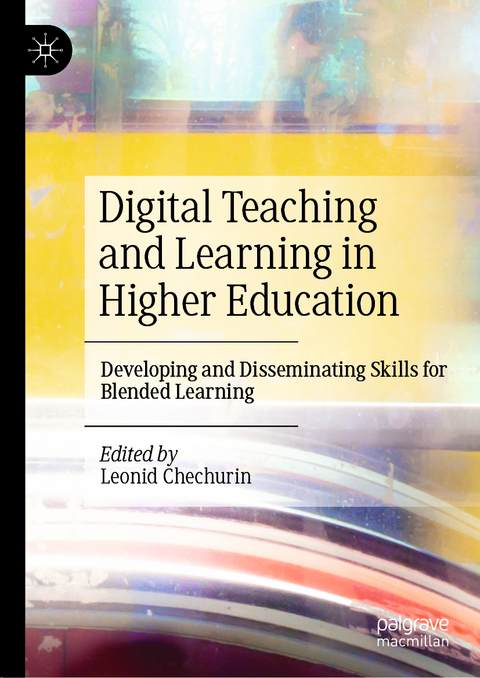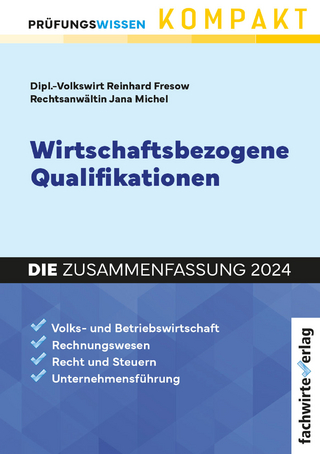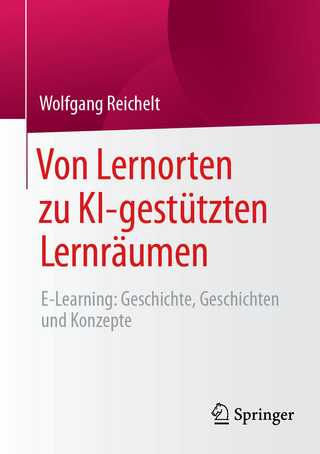
Digital Teaching and Learning in Higher Education
Springer International Publishing (Verlag)
978-3-031-00800-9 (ISBN)
lt;b> Leonid Chechurin is Professor of Industrial Management Department of Lappeenranta University of Technology, Finland. He is also the Head for the System Engineering group at LUT, visiting professor for St.Petersburg State Polytechnic University, Russia.
Chapter 1. Lecturer as Program Manager: Lessons Learned from Designing and Online Teaching a Project-Based Master Course to Engineers.- Chapter 2. Remote labs for engineering students: studying photovoltaics as energy source.- Chapter 3. Modern University Teaching Strategies.- Chapter 4. Key Learning Frameworks Required for Effective eCourse Syllabus Design.- Chapter 5. Interdisciplinary training in the virtual environment for professional activities: the experience of Gubkin University.- Chapter 6. A Framework for Effective eCourse Syllabus Design.- Chapter 7. University students' perception of blended and flipped learning (case of Tomsk universities).- Chapter 8. Designing a framework to develop a flipped CEPHEI course in innovation systems and technological development.- Chapter 9. Creating Better Educational Videos.- Chapter 10. Technology for Creating Videos.- Chapter 11. Neuroscience-Based Learning.- Chapter 12. Problem-basedflipped learning in higher education.- Chapter 13. Increasing pedagogical knowledge in higher education by explainable student agency analytics.- Chapter 14. University Students' Perceptions of Scripted Computer-Supported Collaborative Writing: Enabling and Hindering Factors.- Chapter 15. Transformation of University teaching methods: crisis and new sustainable forms of education process.- Chapter 16. Flipped Classroom: case study over 5 years.- Chapter 17. Learning Analytics Overview: Academic Approach and Machine Learning Possibilities.- Chapter 18. Digital education enables cooperation with industry.- Chapter 19. Challenges and prospects of the online education due to the COVID-19 pandemic.- Chapter 20. The Model and Realization of Electronic Education for Enterprise Innovation Engineers.
| Erscheinungsdatum | 03.11.2022 |
|---|---|
| Zusatzinfo | XXI, 362 p. 26 illus., 20 illus. in color. |
| Verlagsort | Cham |
| Sprache | englisch |
| Maße | 148 x 210 mm |
| Gewicht | 626 g |
| Themenwelt | Schulbuch / Wörterbuch ► Unterrichtsvorbereitung ► Unterrichts-Handreichungen |
| Sozialwissenschaften ► Pädagogik ► Erwachsenenbildung | |
| Sozialwissenschaften ► Pädagogik ► Schulpädagogik / Grundschule | |
| Schlagworte | Digital education • Flipped Classroom • Learning Analytics • Online teaching • University |
| ISBN-10 | 3-031-00800-6 / 3031008006 |
| ISBN-13 | 978-3-031-00800-9 / 9783031008009 |
| Zustand | Neuware |
| Haben Sie eine Frage zum Produkt? |
aus dem Bereich


